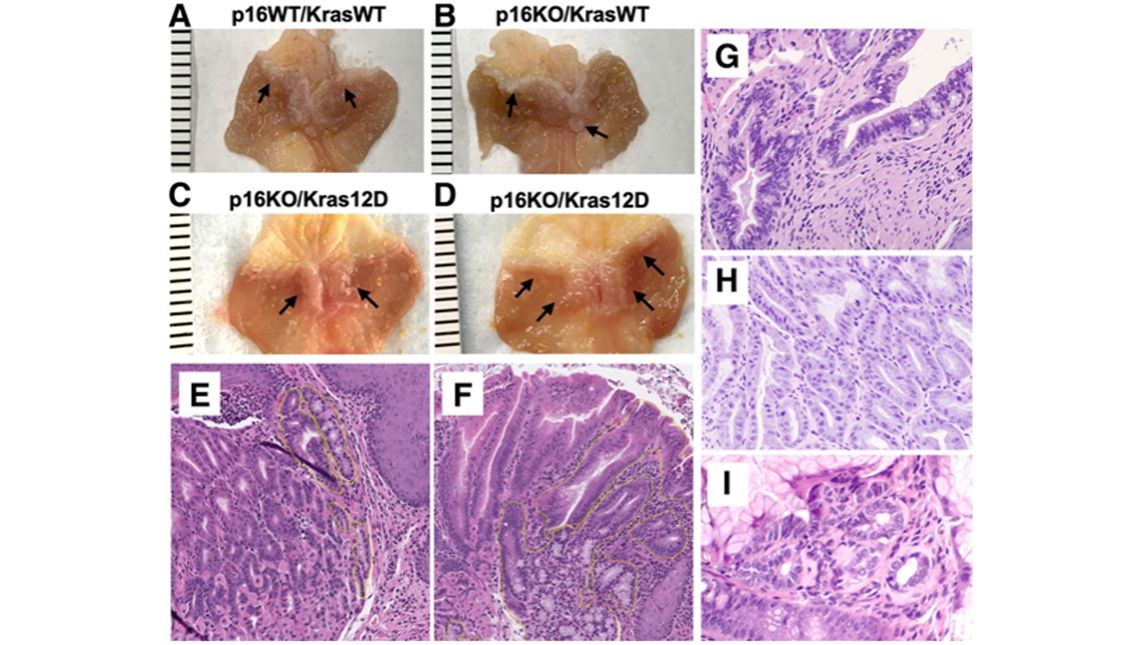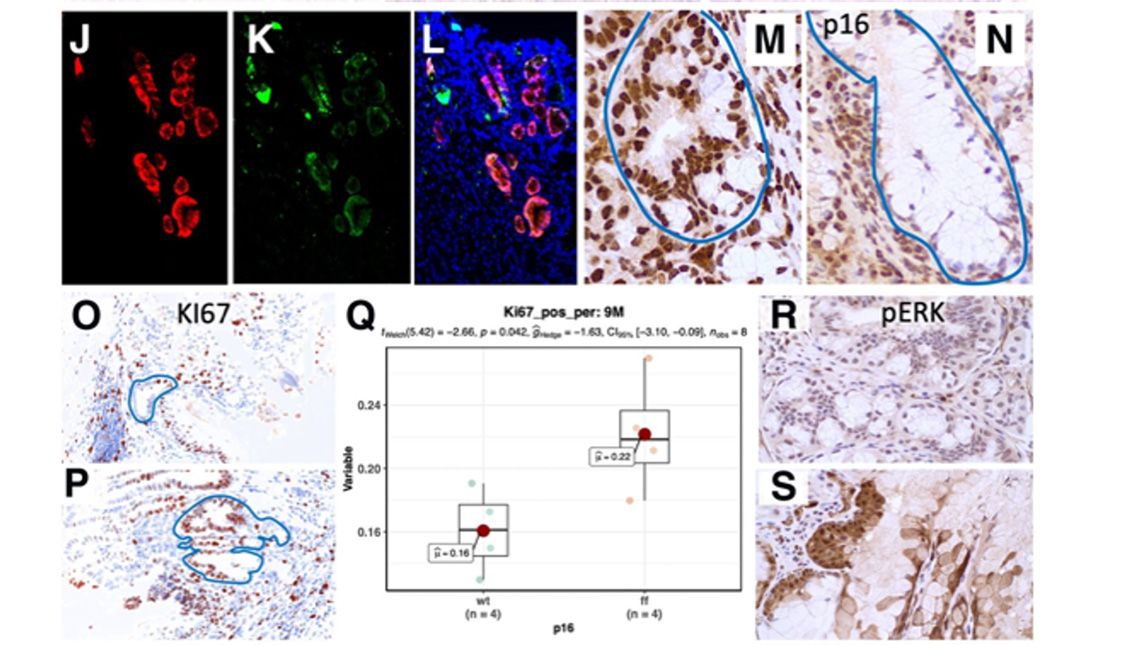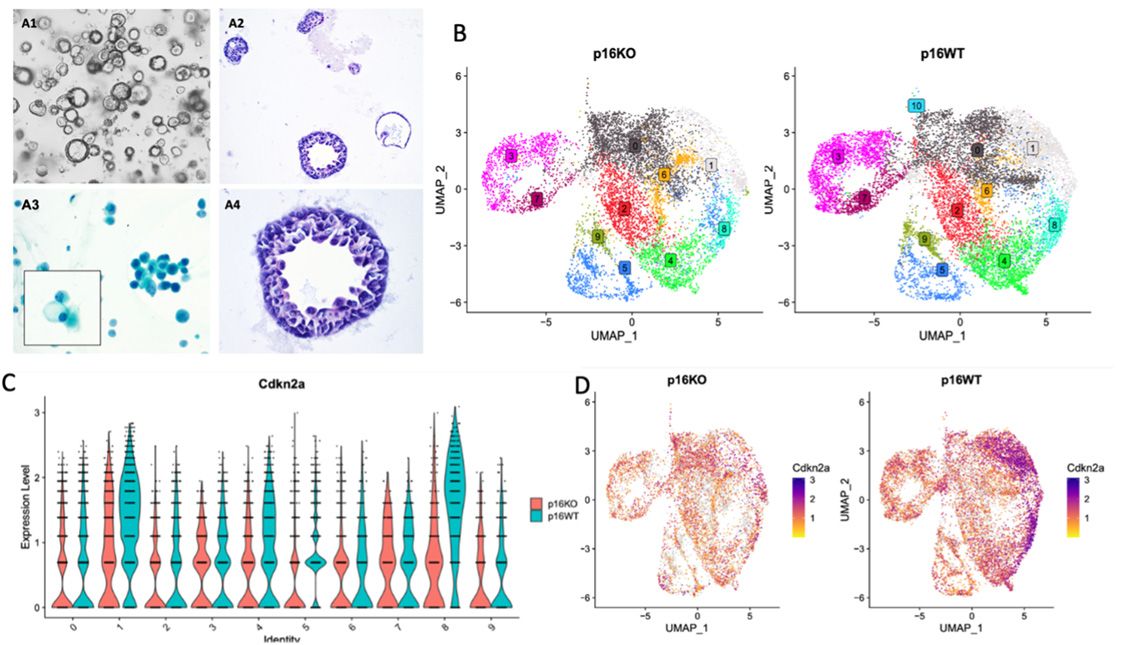The Sepulveda's Research Laboratory is located in the George Washington University Cancer Center. Our research focus aims the discovery of molecular mechanisms, proteo-genomic biomarkers for cancer risk, and prediction of response to therapies of pre-cancer and cancers.
Our projects are centered on solid tumors, primarily in digestive organ cancers (esophagus, stomach, colorectum, biliary tract, and pancreas), as well as collaborative projects in other cancers.
Current ongoing research in the Sepulveda laboratory includes:
Proteo-Genomics and mechanisms of esophageal, gastric and intestine adenocarcinomas and their pre-cancer lesions:
Our overarching goals are to map out proteo-genomic molecular drivers of cancer initiation and progression, providing targets for cancer detection and therapy. Specific approaches in our laboratory include:
- In vivo and in vitro models of esophageal, gastric, and intestinal cancers, including establishment of 3D organoids and genetic murine models to characterize molecular drivers of initiation and progression and for chemoprevention of dysplasia and cancer.
- Discovery, characterization and validation of genomic, RNA and protein biomarkers to identify patients with GI pre-cancer lesions at risk of progression to cancer (Barrett’s esophagus and esophageal dysplasia, gastric and intestinal dysplasia and adenomas).
- Characterization and launching proteo-genomic biomarkers for management of advanced and metastatic cancers for precision medicine.
- Leveraging spatial transcriptomics, single cell RNASeq, multiplexed proteomics, computational and AI tools and image analysis.
Technologies used in the Sepulveda Lab include:
- Genome-wide and transcriptomic analyses of pre-cancer and cancer lesions using next generation sequencing (NGS), gene expression microarrays, single cell RNASeq techniques, spatial transcriptomics, quantitative multiplexed immunofluorescence.
- Construction of tissue microarrays (TMA) of various tissues and cancers,
- Digital image analyses and computational models of pre-cancer and cancer. Artificial intelligence to model multidimensionally in time and 3D space cancer cells, tissues, and the tumor microenvironment.
- Leverage big data from electronic health records to identify determinants of cancer and other diseases (e.g. Epic Cosmic database).


